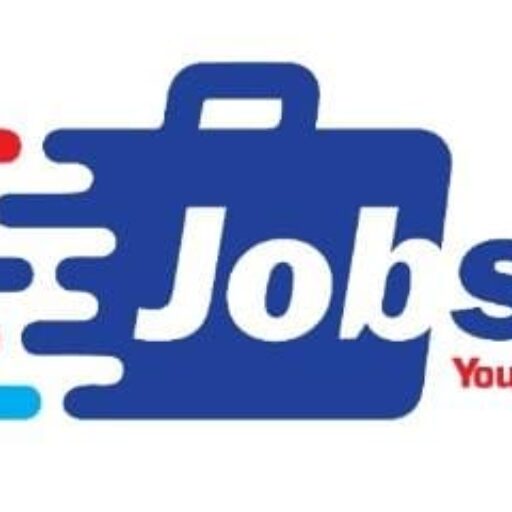Introduction
Finding a job in Kenya can be a daunting task, but with the right approach, you can set yourself apart from the competition and increase your chances of success. Let’s explore the strategies and techniques that can make a significant difference in your job search journey.
Understanding the Kenyan Job Market
Before you dive into your job search, it’s essential to have a clear understanding of the Kenyan job market. Research industries that are thriving, identify companies that align with your career goals, and gain insights into the skills that are in high demand.
Crafting an Outstanding Resume
Your resume is your first impression on potential employers. Use it to showcase your skills, accomplishments, and experiences. Tailor your resume for each application, highlighting relevant achievements that make you a strong fit for the position.
The Power of Networking
Networking plays a vital role in the job search process. Attend industry events, career fairs, and workshops to connect with professionals in your desired field. Networking can often lead to hidden job opportunities that aren’t advertised.
Mastering the Art of Job Interviews
Securing an interview is a big step, and preparation is key. Research common interview questions, practice your responses, and prepare insightful questions to ask the interviewer. A confident and well-prepared candidate stands out.
Developing In-Demand Skills
Continuous learning is essential in today’s job market. Identify skills that are highly sought after in your industry and invest time in developing them. Online courses, workshops, and certifications can significantly enhance your skillset.
Navigating Online Job Portals
Online job portals are a valuable resource for job seekers. Create compelling profiles on popular job platforms and set up job alerts. Regularly browse through listings to stay updated on available opportunities.
Leveraging Social Media
Social media isn’t just for personal use—it can also be a powerful tool in your job search. Ensure your profiles are professional and showcase your expertise. Engage with industry-related content to expand your network.
Internships and Volunteering
Gaining practical experience through internships or volunteering can open doors to full-time positions. Even if it’s unpaid, the skills and connections you’ll acquire can be invaluable for your career.
Professional Development Opportunities
Seminars, workshops, and conferences offer chances to learn from industry experts. These events also provide networking opportunities and insights into the latest trends, giving you a competitive edge.
Overcoming Common Job Search Challenges
Job searching can be discouraging, but it’s crucial to stay motivated. Stay organized, set achievable goals, and celebrate small victories to keep your spirits high.
Building Resilience and Perseverance
Rejections are a natural part of the job search process. Cultivate resilience and perseverance to bounce back from setbacks. Remember that each rejection brings you closer to the right opportunity.
Seeking Professional Guidance
If you’re struggling to navigate the job market, consider seeking advice from career coaches or mentors. Their experience and insights can provide valuable guidance on your journey.
Staying Informed About Industry Trends
Industries are constantly evolving. Stay updated on the latest trends, technologies, and practices to demonstrate your commitment to your chosen field.
Conclusion
Getting a job in Kenya might seem like a challenge, but armed with these strategies, you’re better equipped to tackle the job market with confidence. Remember that perseverance, continuous learning, and networking are the keys to unlocking opportunities.
FAQs
- Q: How long does it typically take to find a job using these strategies? A: The job search duration can vary, but consistently applying these strategies can expedite the process.
- Q: Is networking more important than qualifications? A: Networking complements qualifications. Both play a crucial role in landing a job.
- Q: Are online courses as valuable as traditional degrees? A: Online courses can be valuable, especially when they teach in-demand skills. Traditional degrees still hold merit but might require augmentation.
- Q: How do I handle gaps in my employment history? A: Address gaps honestly in your resume. Emphasize skills gained during those periods and how they contribute to your candidacy.
- Q: Should I apply for a job even if I don’t meet all the requirements? A: If you meet most requirements and believe you can excel in the role, it’s worth applying. Focus on showcasing your relevant skills.
